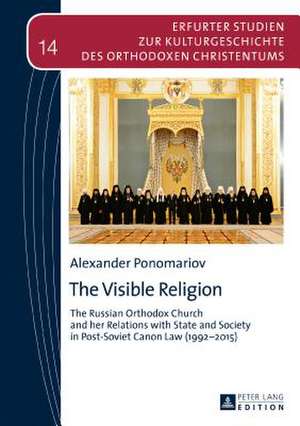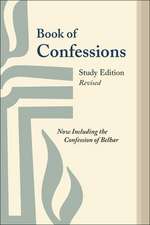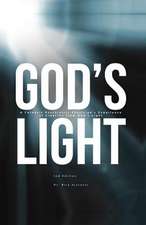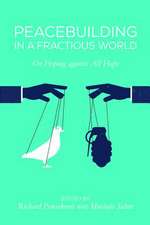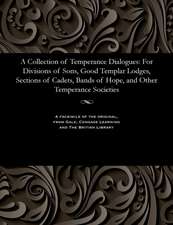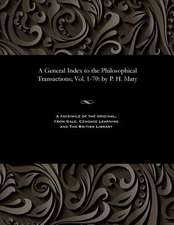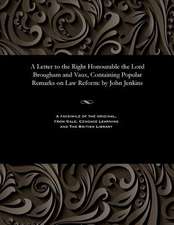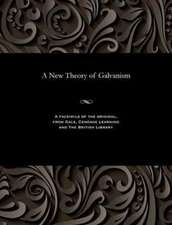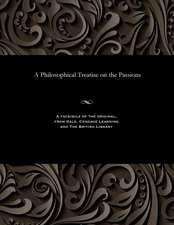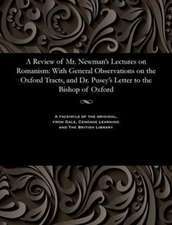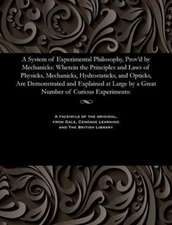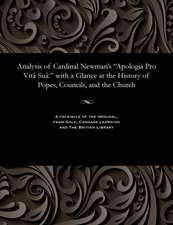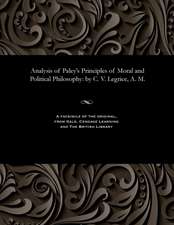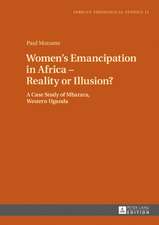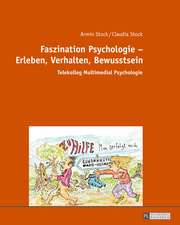The Visible Religion: Erfurter Studien zur Kulturgeschichte des Orthodoxen Christentums
Autor Alexander Ponomarioven Limba Engleză Hardback – 29 oct 2017
Preț: 570.29 lei
Preț vechi: 740.63 lei
-23% Nou
Puncte Express: 855
Preț estimativ în valută:
109.12€ • 114.24$ • 90.29£
109.12€ • 114.24$ • 90.29£
Carte tipărită la comandă
Livrare economică 05-19 aprilie
Preluare comenzi: 021 569.72.76
Specificații
ISBN-13: 9783631735121
ISBN-10: 363173512X
Pagini: 362
Dimensiuni: 157 x 218 x 27 mm
Greutate: 0.57 kg
Ediția:Nouă
Editura: Peter Lang Copyright AG
Seria Erfurter Studien zur Kulturgeschichte des Orthodoxen Christentums
ISBN-10: 363173512X
Pagini: 362
Dimensiuni: 157 x 218 x 27 mm
Greutate: 0.57 kg
Ediția:Nouă
Editura: Peter Lang Copyright AG
Seria Erfurter Studien zur Kulturgeschichte des Orthodoxen Christentums
Notă biografică
Alexander Ponomariov researches religion (Orthodox Christianity) and politics in Russia and Eastern Europe. He studied Orthodox theology in Moscow and earned his Ph.D. degree at the University of Passau in Germany. His academic interests also include translingual Bible criticism and Semitic languages.
Descriere
The Russian Orthodox Church in her post-Soviet canon law suggests a comprehensive cultural program of modernity that combines transcendence and immanence, theological and social reasoning, an afterlife strategy and cooperation with secular actors, whereby eschatology and the human rights discourse become two sides of the same coin.
